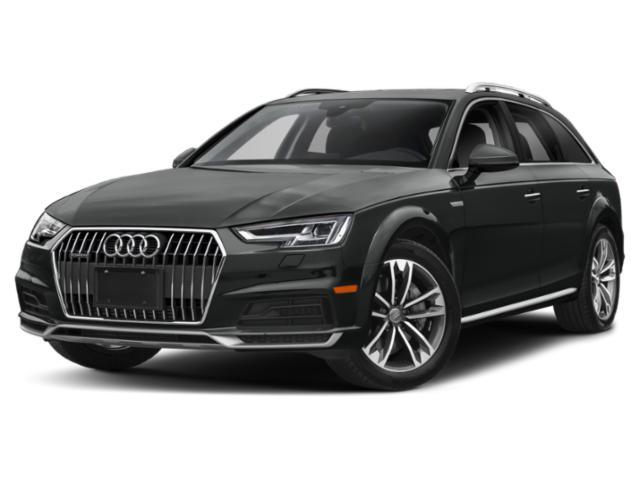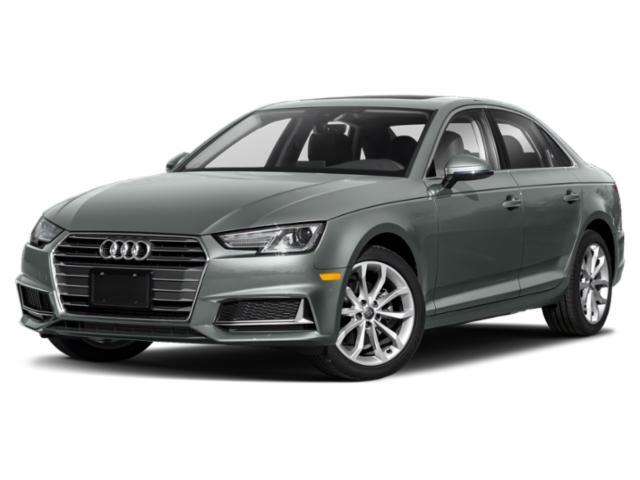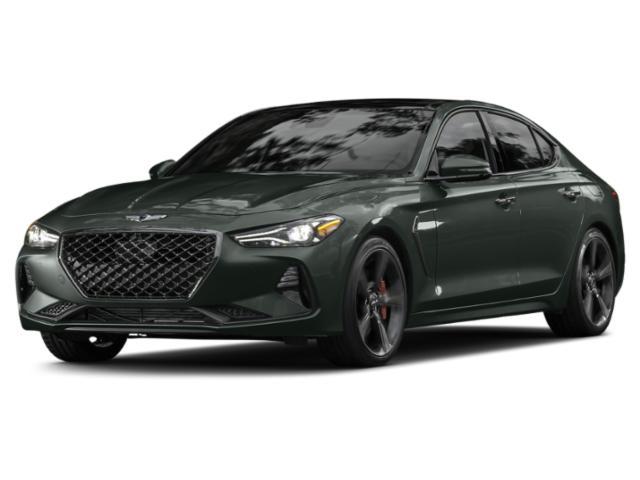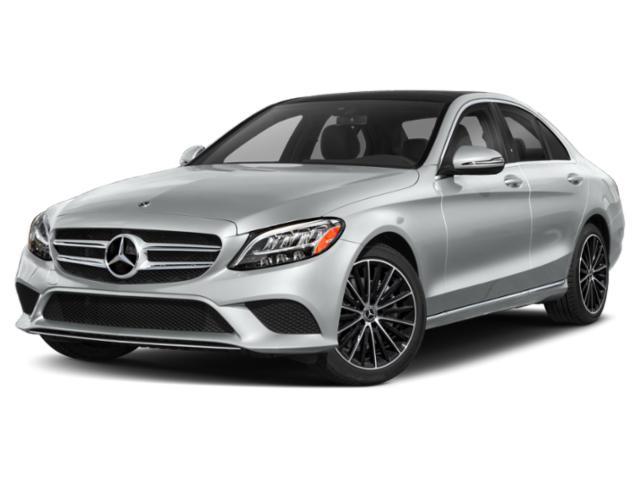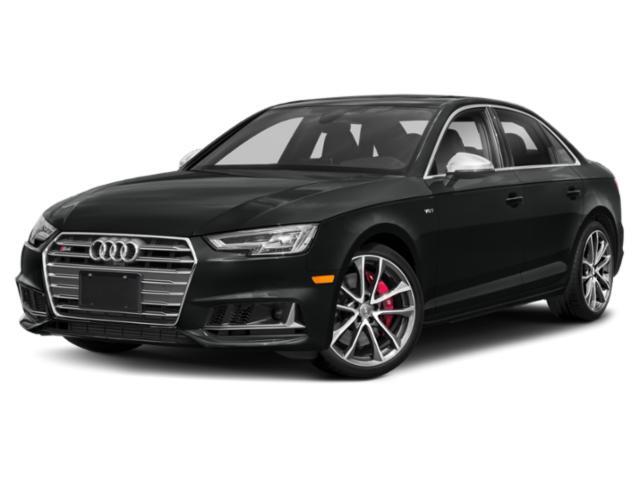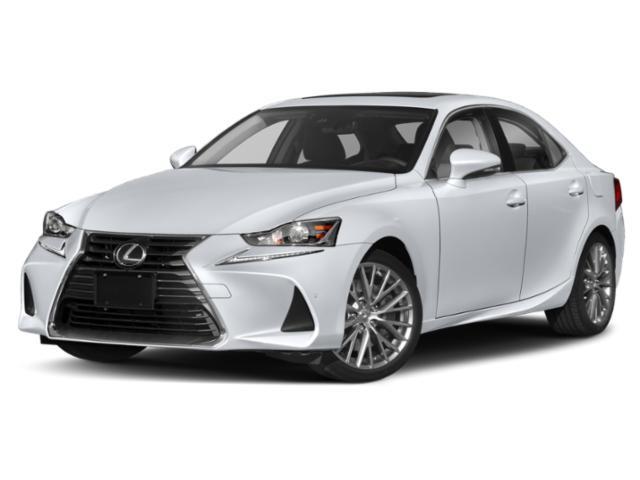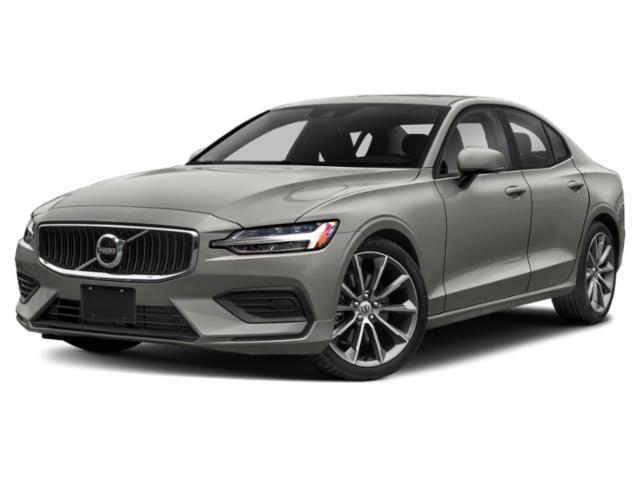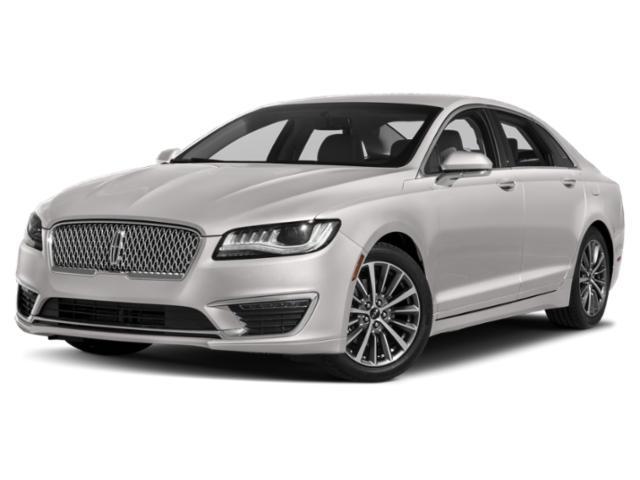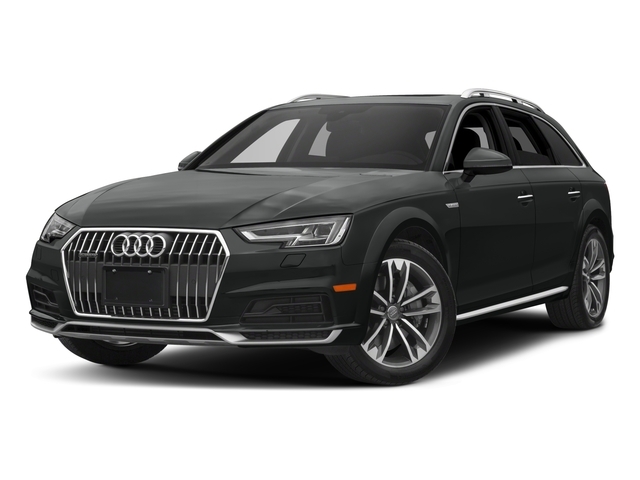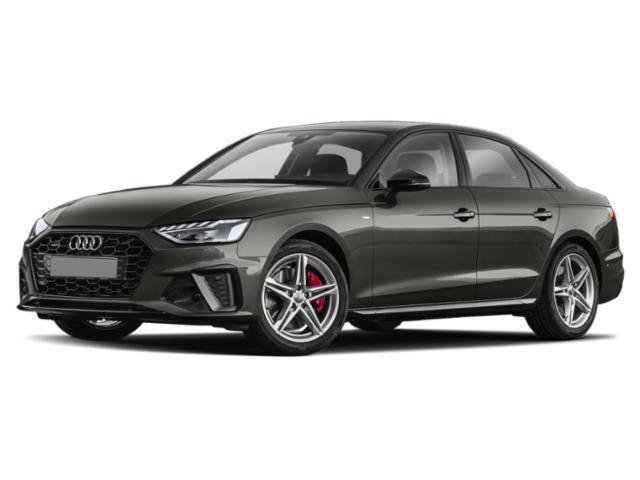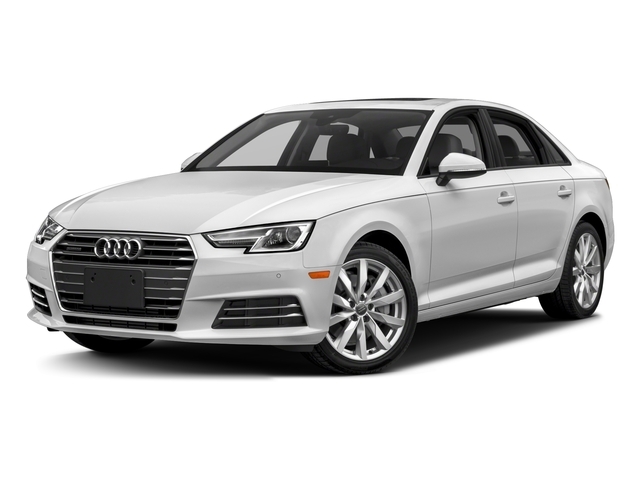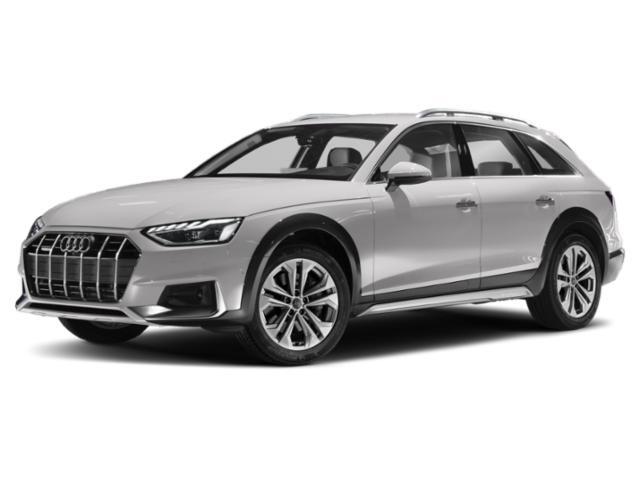
2019 BMW 3 Series

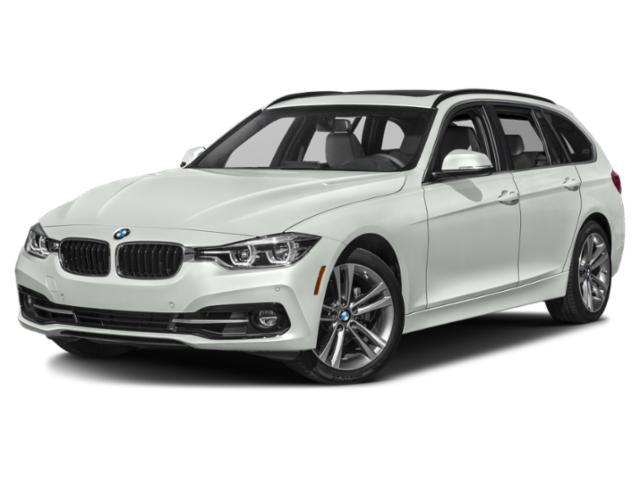
Key Specifications for 2019 BMW 3 Series






Buyer’s Guide
Despite bearing the badge of a premium automaker, the BMW 3 Series doesn't generate lustful feelings among car enthusiasts the way it did decades ago. Like so many cars, the 3 Series has grown up, and the playful personality it was once known for now belongs to the smaller 2 Series.
BMW has rolled out a new, seventh-generation 3 Series sedan for 2019, bringing a new design to the core of the model range. The sedan is this car's most popular body style, so it always gets renewed first, with the rest of the range -- Touring (station wagon) and Gran Turismo (hatchback) -- following in subsequent years.
As before, the 3 Series sedan comes in 330i and M340i flavours, powered by familiar 2.0L four-cylinder and 3.0L six-cylinder engines, both turbocharged. The 330i's four-cylinder makes 255 hp and 295 lb-ft of torque, notable increases over last year's 248 hp/258 lb-ft. Meanwhile, the M340i's turbo six makes 382 hp and 369 lb-ft, up from 320 hp/330 lb-ft.
We expect BMW to keep the rest of the 3 Series range around in the outgoing body. That means we may yet be able to buy the 328d diesel sedan, 330i Touring (with the old four-cylinder), 330i and 340i Gran Turismo and the 330e plug-in hybrid sedan. BMW hasn't said when it plans to update the alternative body styles, but it has promises a new version of the plug-in model in early 2020.
What doesn't change is the 3 Series' use of an eight-speed automatic transmission. However, 2019 marks the first year in this car's history that BMW won't offer a manual transmission. BMW says 330i models will all come standard with the xDrive AWD system, but the M340i will be offered both as a rear- and an all-wheel driver.
BMW talks up its ongoing commitment to perfect weight distribution, which works with wider front and rear track measurements and stiffer suspension mounts to improve handling. The car is also lighter than before thanks to the use of aluminum and high-strength steel.
There's also new lift-related suspension damper tech that BMW says "perceptibly (smooths) out vibrations caused by bumpy road surfaces and dynamic cornering," adding extra hydraulic damping in the front end and compression limited system out back. We're not entirely sure what all that means, but BMW promises the new dampers (aka shock absorbers) will deliver more ride comfort and more precise handling.
The performance-oriented M340i (which will be nearly as quick as the M3 sport sedan) gets the option of adaptive suspension with adjustable ride settings.
In the cabin, BMW says occupants up front enjoy more shoulder room, while rear-seat riders get more legroom. The rear seat promises better comfort all around, too, thanks to a better centre seating position.
Standard safety tech includes collision and pedestrian warning with city-speed automatic braking, which will also react to cyclists. Optional is a driving assistant system that adds lane departure warning and lane keeping assist, plus rear collision prevention and cross traffic alert.
When we wrote this, BMW hadn't published fuel consumption estimates for the new 3 Series, but we expect they'll be similar to the 2018 model's figures despite the new car's added power. Last year, 330i xDrive models were rated 10.2/7.2 L/100 km (city/highway), while 340i rear-drivers' ratings were 9.2/6.2 and 11.1/7.5 with AWD.
Review & Compare:
Photos

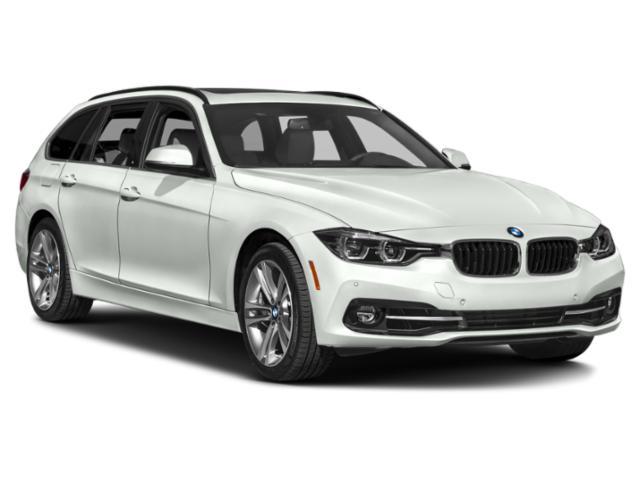
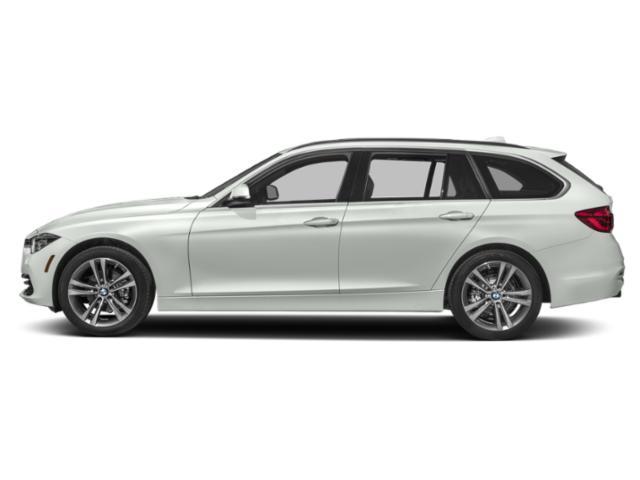
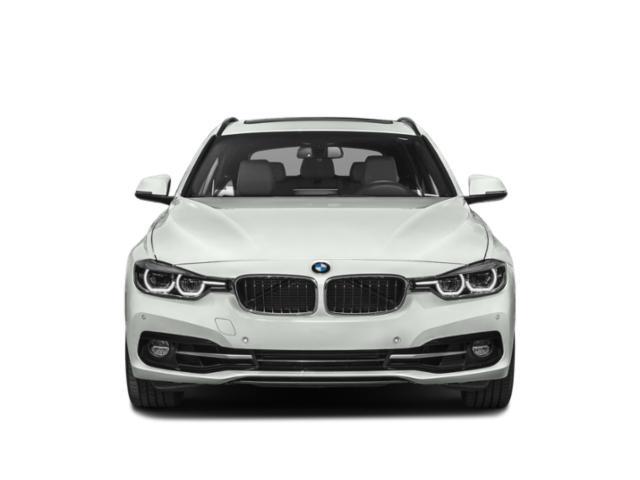
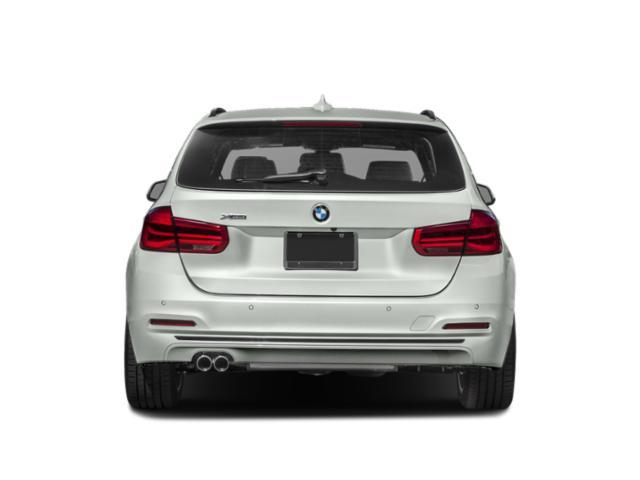
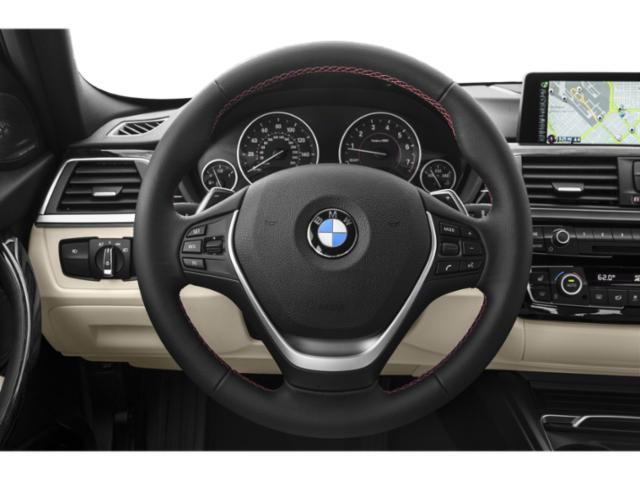
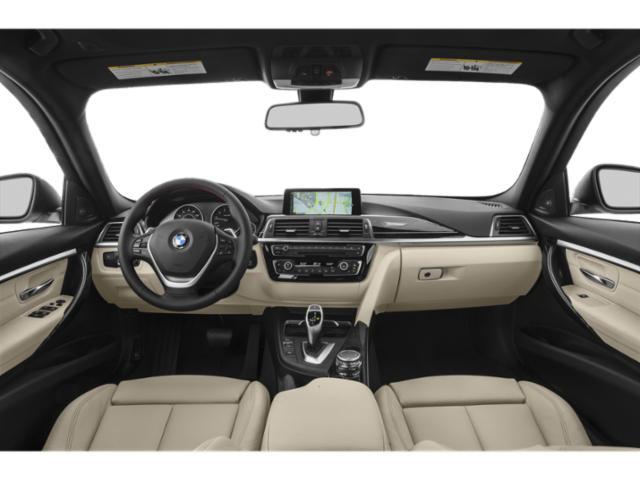
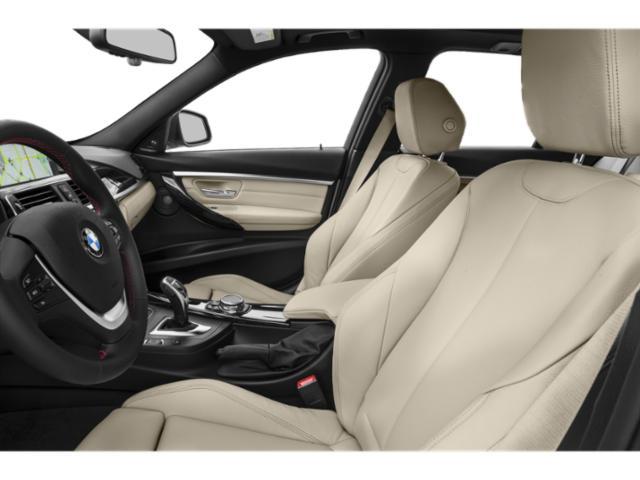
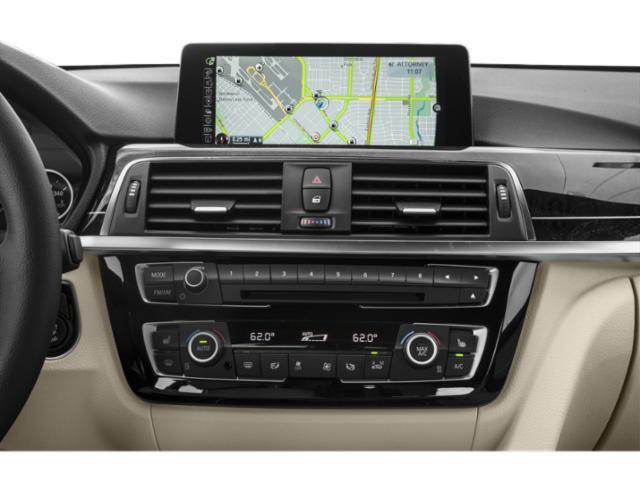
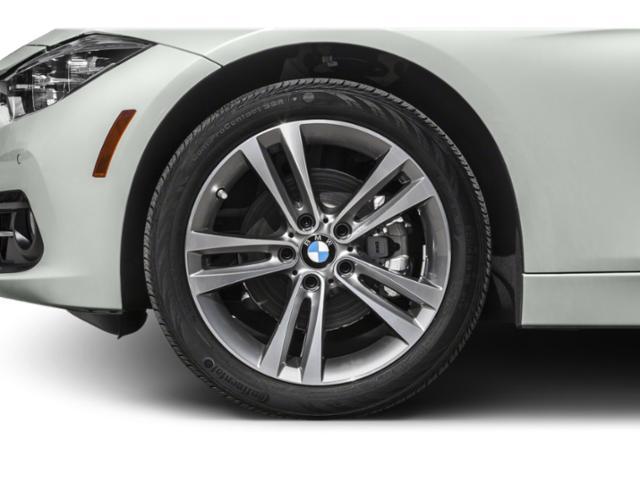
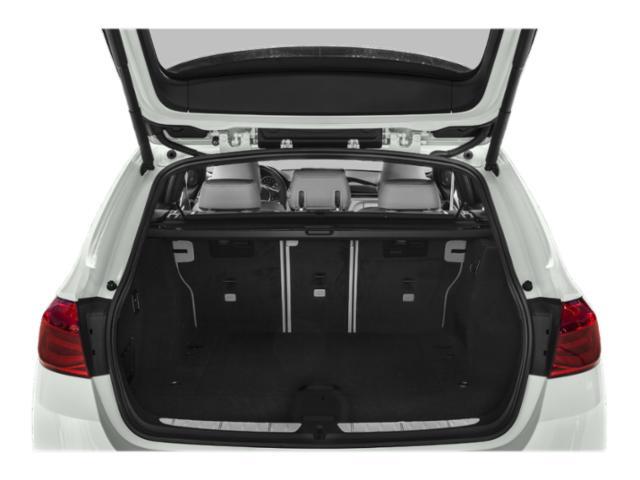
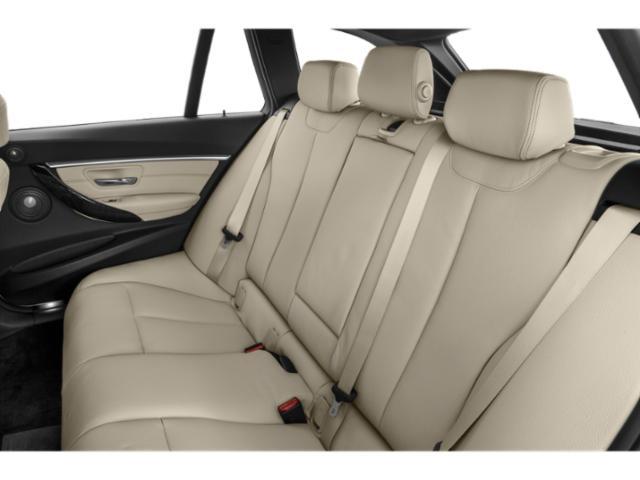
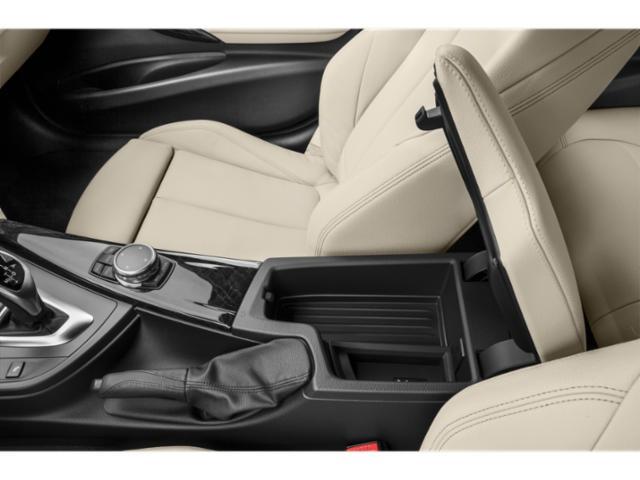
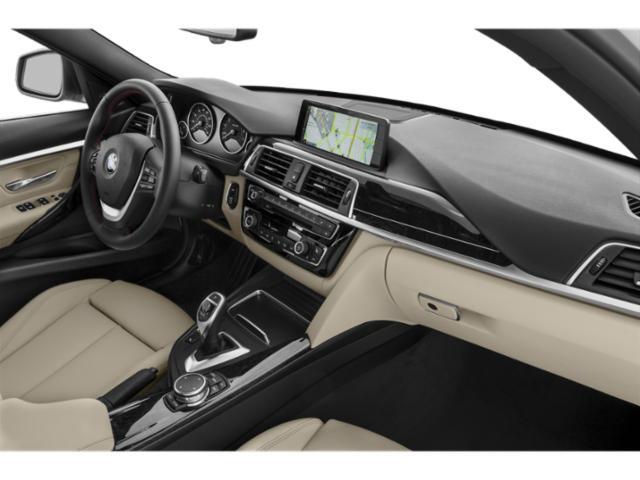
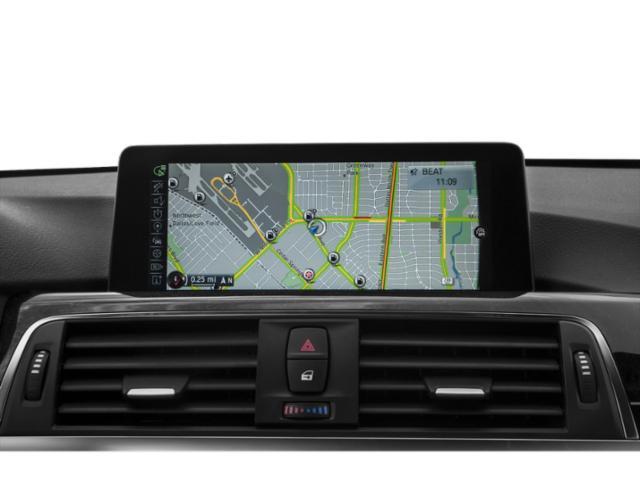
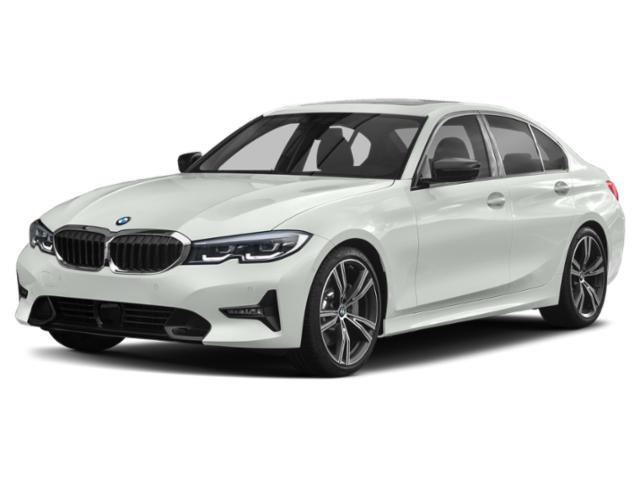
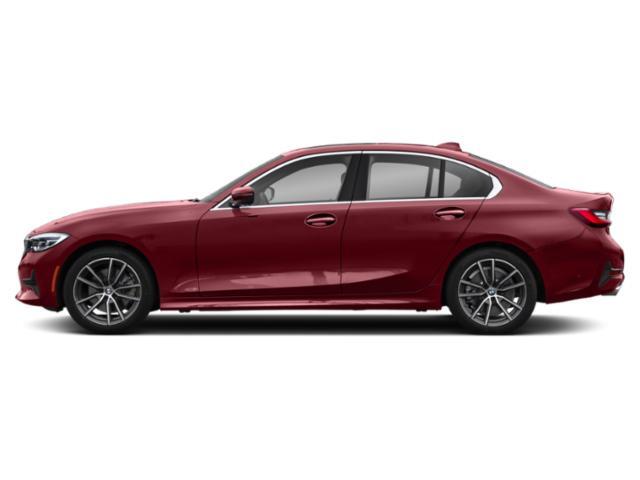
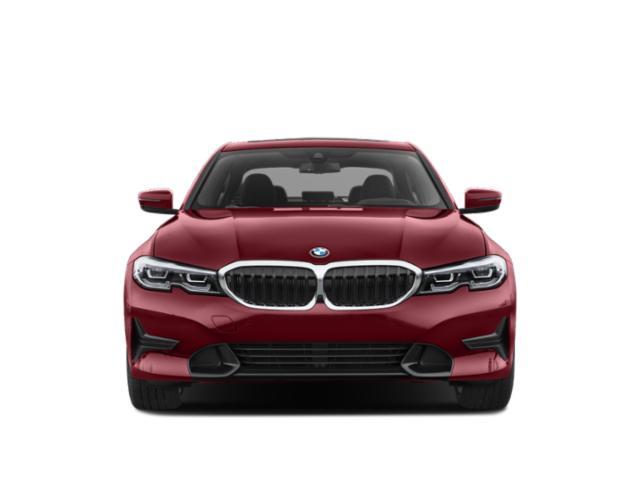
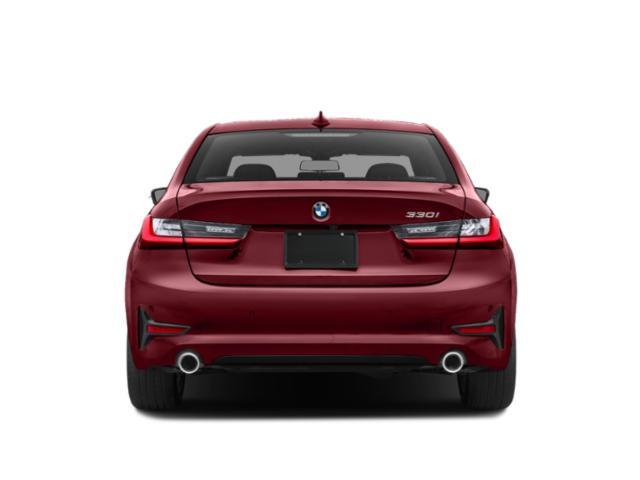
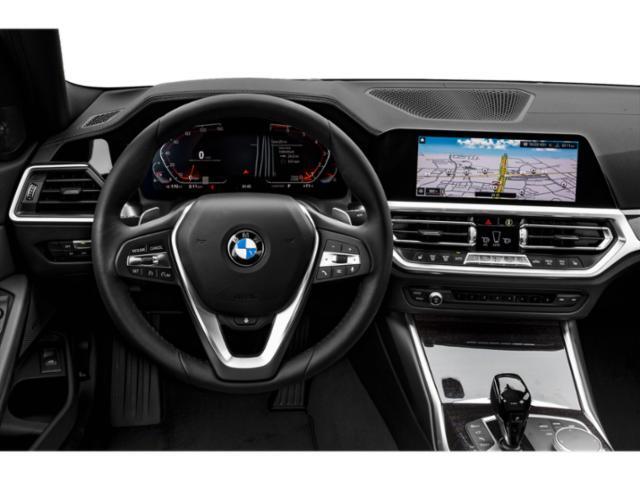
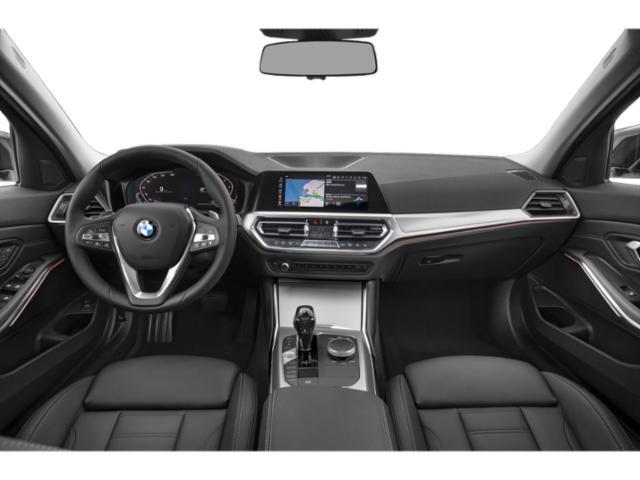
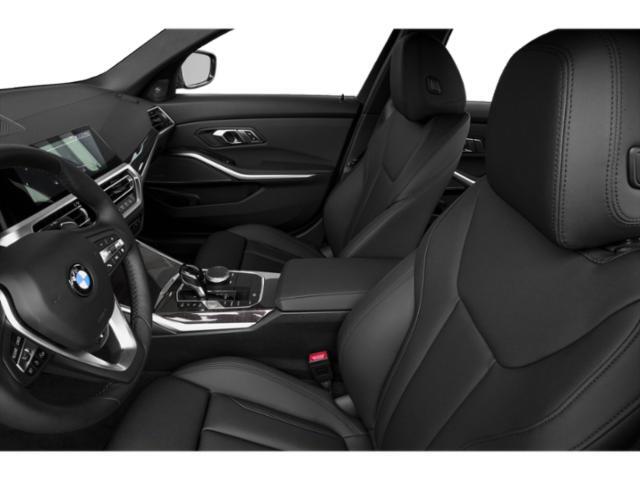
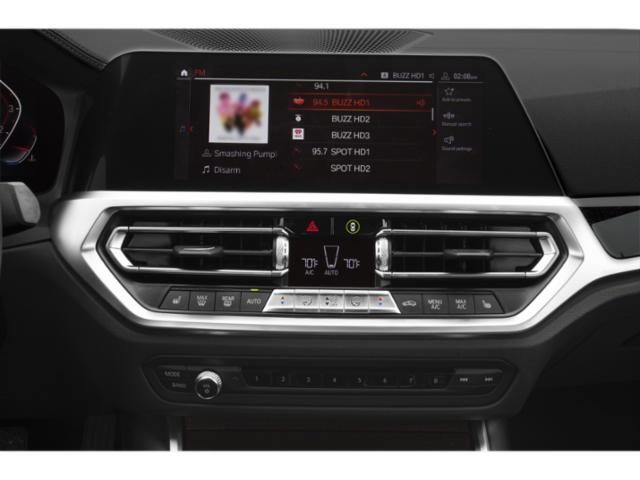
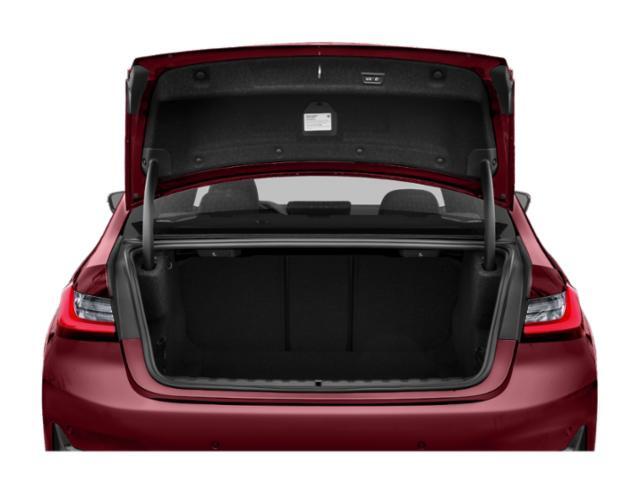
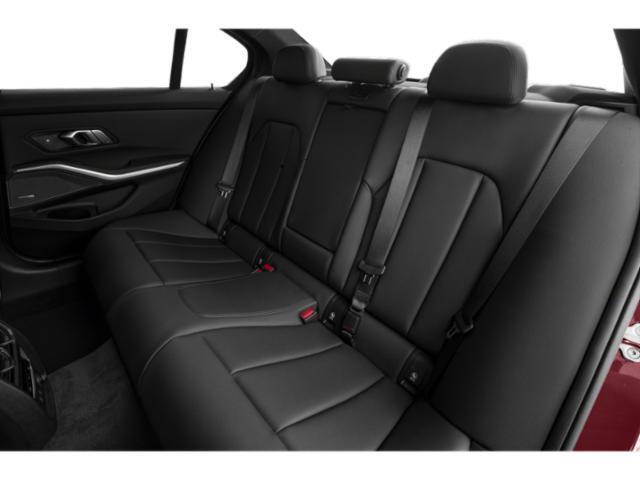
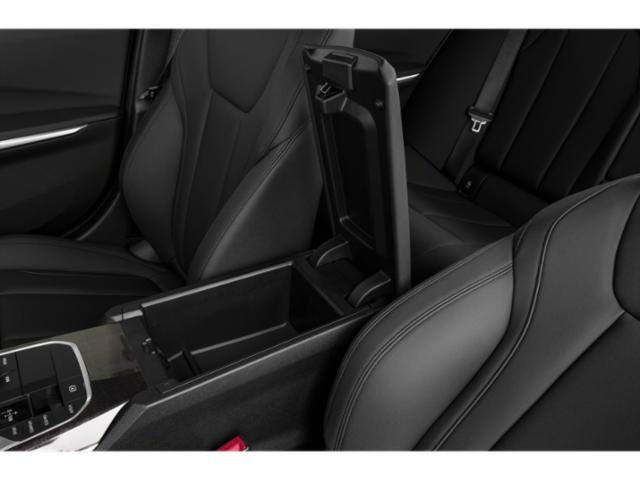
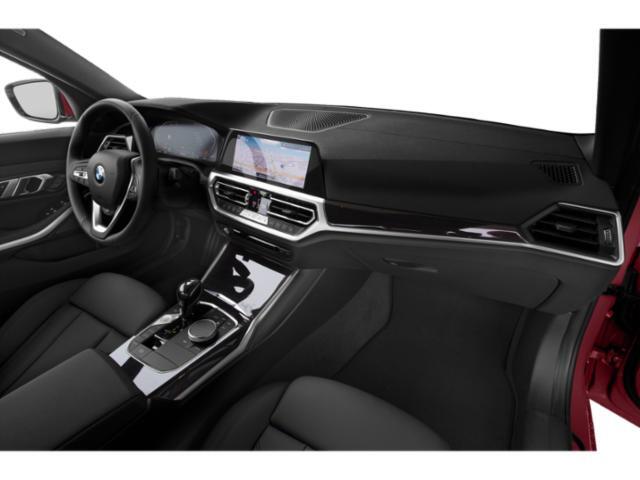
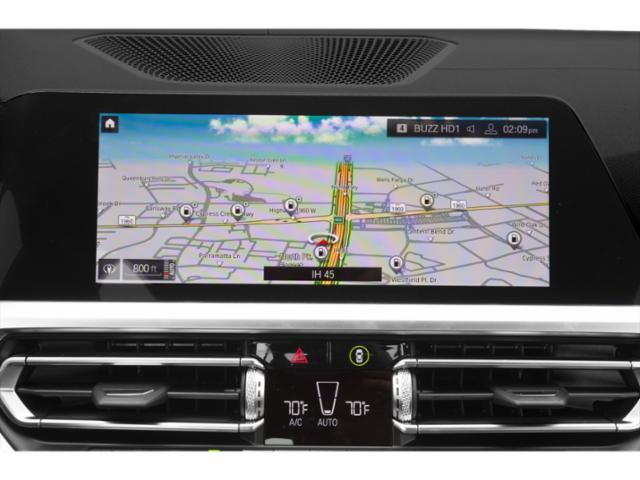




























AutoTrader Review















